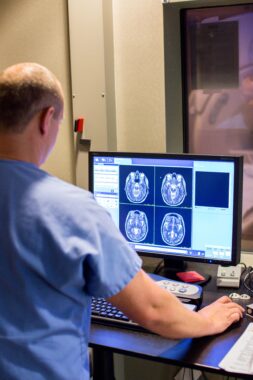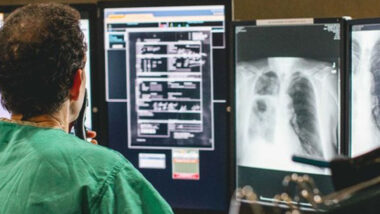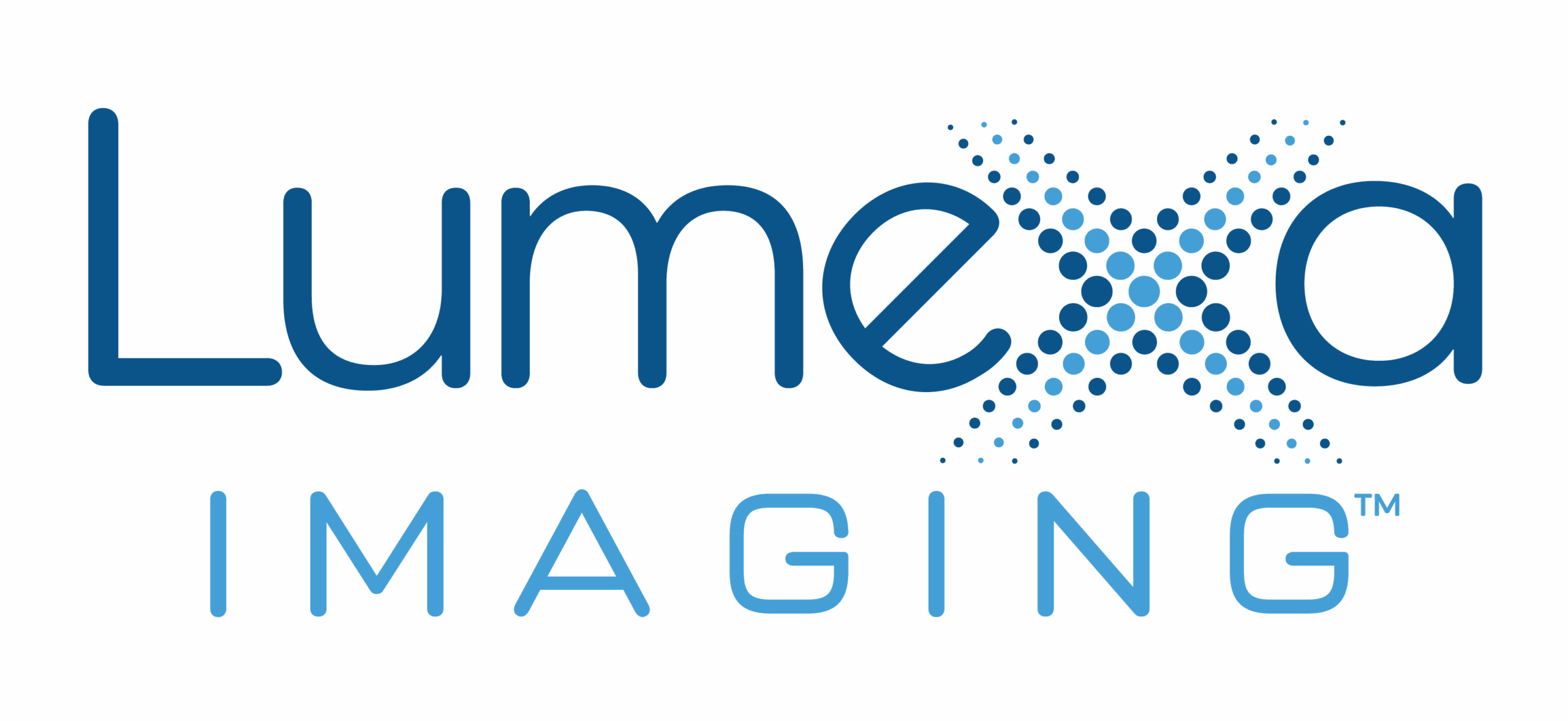Whether you’re missing important events or everyday tasks are becoming more difficult, back pain can get in the way of your life. You may find temporary relief in exercise, physical therapy, or medications, but their effectiveness may wane in the long term. That’s why it’s important to understand the root cause of your back pain so you can work with your physician to develop a treatment plan that provides lasting relief from your symptoms. Your doctor may recommend imaging, specifically an MRI scan, to identify the source of your pain and make a diagnosis
Determining the Source of Back Pain With MRI
In most cases, patients who have back pain have injured the muscles, ligaments or tendons that support the spinal column. If the pain is focused in the lower back, you may have an issue with the lumbar spine. Pain in the upper back or neck can often be attributed to a cervical spine condition. Back injuries are typically caused by poor posture, degenerative conditions, a physically demanding occupation, genetics, medical history, poor physical health, lack of exercise, or some combination of these factors.
Depending on the exact location and severity of your back pain, your doctor may initially recommend over-the-counter medications, physical therapy, or changing how you sit, move, or lift things before referring you for a diagnostic imaging study.
If conventional methods and lifestyle changes are not enough to alleviate symptoms or help treat the source of your pain, an MRI scan can be used to detect the source of back pain.
MRI — or magnetic resonance imaging — is an advanced technology that uses a magnetic field and radio waves instead of X-rays to produce high-quality images. MRI scans for back pain capture images of soft tissue, including the disks that separate the vertebrae, the spinal cord, the muscles and connective tissue around the spine, and the nerves that run in and out of the spine.
Benefits of an MRI for Back Pain
If your doctor recommends an MRI, the results of the exam can help shed light on the reason why you have back pain. An MRI scan can reveal a range of painful spine and back conditions, including:
- Degenerative diseases: Chronic conditions, including multiple sclerosis, can be diagnosed with an MRI.
- Herniated disks: Numbness, pain or discomfort when moving can be caused by a herniated or compressed disk, occurring when the soft disks that cushion the vertebrae become weakened and rupture.
- Misalignment of the spine: When the muscles that support the spine become weakened, the spine can move out of alignment. When the positioning of the vertebrae shifts, pressure is placed on the nerves and weakened structures of the spine, and pain follows.
- Sciatica: Pain that shoots down the lower back through the buttock, leg and foot can be caused by pressure on the sciatic nerve.
- Spinal fractures: Commonly diagnosed after a traumatic injury or accident, a fracture of the spine can be classified by the type of injury to the spine: vertebrae collapse (compression), separated vertebrae (chance) or bent vertebrae (rotation).
- Spinal stenosis: When the spinal canal is narrowed due to spinal stenosis, symptoms include pain, numbness, or weakness in the affected part of the back and related limbs.
- Tumors or abscesses: An MRI can show areas of the spine that are compressed and can help doctors evaluate the size and severity of a tumor or if an area of concern is benign.
Other imaging exams can be used alongside an MRI scan to help determine the source of back pain. Doctors also use other imaging studies, including CT scans and X-rays, to diagnose back and spine conditions. Identifying the source of your back pain is the first step in determining the best treatment path to provide you lasting relief so you can get back to your day-to-day activities.



